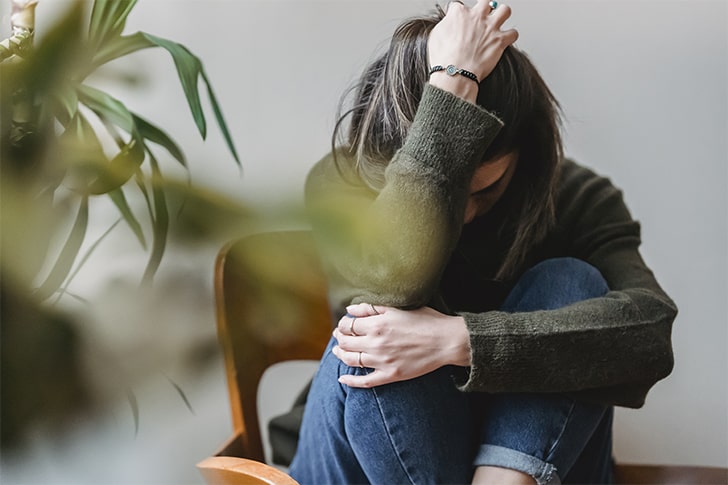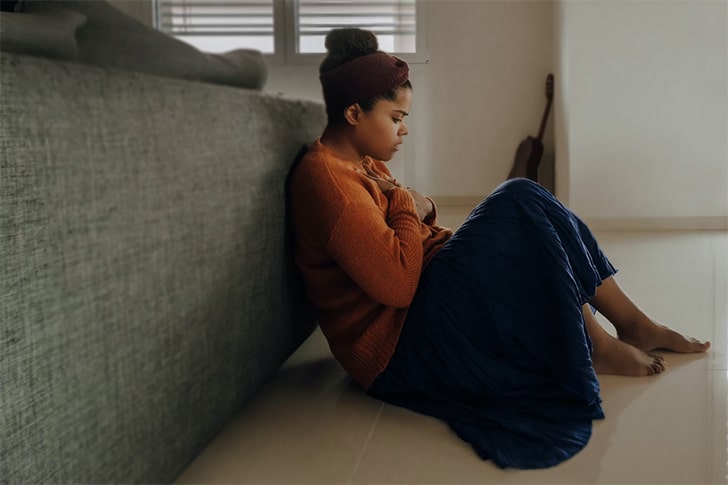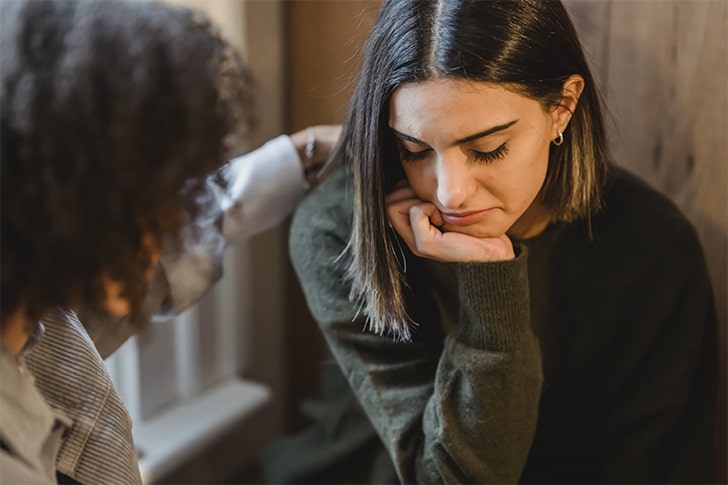
Liza Summer / Pexels
Anxiety is a pervasive condition affecting countless individuals across the globe. Its symptoms, ranging from persistent worry to intense fear, can be debilitating. The good news is that there are several treatments available to manage and alleviate these symptoms. To make an informed choice about treatment, it's vital to understand each option in depth. Here, we'll delve into six primary anxiety treatments, highlighting their mechanisms and potential concerns.
1. Selective Serotonin Reuptake Inhibitors (SSRIs)
Selective Serotonin Reuptake Inhibitors, commonly known as SSRIs, include medications such as fluoxetine (Prozac) and citalopram (Celexa). They function by boosting serotonin levels in the brain. Serotonin, a neurotransmitter, plays a pivotal role in mood regulation. By enhancing its concentration, SSRIs can mitigate the feelings of unease and apprehension associated with anxiety. These medications have transformed the lives of many, providing a renewed sense of calm and control.
The downside:
While SSRIs have proven beneficial for many, they aren't without drawbacks. Some users report side effects like nausea, insomnia, weight fluctuations, and sexual dysfunction. It's also important to note that discontinuing SSRIs suddenly can result in withdrawal symptoms. Thus, any cessation should be gradual and under medical supervision.
2. Benzodiazepines
Benzodiazepines, encompassing drugs like diazepam (Valium) and alprazolam (Xanax), are renowned for their rapid action against acute anxiety episodes. They achieve this by depressing the central nervous system, ushering in a state of relaxation and tranquility. For those facing sudden, intense bouts of anxiety, benzodiazepines can be a beacon of relief.

Volodymyr Hryshchenko / Unsplash
The downside:
The swift relief provided by benzodiazepines can sometimes come at a steep price. These medications can lead to dependence, especially when taken regularly. Drowsiness, dizziness, and mental cloudiness are other common side effects. There's also the risk of memory issues and potential addiction with long-term use.
3. Buspirone
Buspirone stands apart from other medications, designed specifically to counteract generalized anxiety disorder. Its non-addictive nature and the absence of sedative effects often seen with other anti-anxiety medications make it a preferred choice for many.
The Downside:
Buspirone's onset of action might not be as rapid as some of the other medications. Initial use can sometimes be accompanied by dizziness, headaches, and nausea. Moreover, its efficacy might be limited for individuals with acute anxiety or panic disorders.
4. Beta-Blockers
Originally formulated for heart-related ailments, beta-blockers like propranolol (Inderal) have found a niche in treating the physical manifestations of anxiety, such as a racing heart or tremors. By blocking the effects of adrenaline, they can help mitigate these symptoms.

Joice Kelly / Unsplash
The Downside:
While effective against physical symptoms, beta-blockers don't address the psychological roots of anxiety. They also come with potential side effects like cold extremities, fatigue, and a slowed heartbeat.
5. Psychotherapy
Cognitive Behavioral Therapy (CBT) stands out as a prominent form of psychotherapy for anxiety. This therapeutic approach empowers patients to identify and rectify negative thought patterns and behaviors contributing to their anxiety. Through a collaborative process with therapists, patients can discern triggers and hone coping strategies, building resilience over time.

Liza Summer / Pexels
The Downside:
The commitment to regular therapy sessions might be challenging for some, both in terms of time and emotional energy. Moreover, the quest to find a therapist who aligns well with a patient's needs can be a journey in itself.
6. Lifestyle Changes
Incorporating certain lifestyle changes can be instrumental in managing anxiety. This includes regular exercise, a nourishing diet, ample sleep, and techniques like meditation that reduce stress. Such holistic approaches not only alleviate anxiety but enhance overall well-being.
The Downside
None! Healthy lifestyle changes aren’t just a great way of managing anxiety, but they are also good for your overall well-being, so you can live a long, healthy life!

Running / Facebook
Anxiety, with its multifaceted nature, warrants a personalized treatment approach. While medications offer tangible relief, it's crucial to weigh their potential concerns. Coupled with other therapeutic modalities and lifestyle shifts, a comprehensive plan can pave the way for managing anxiety more effectively. Always prioritize consultation with a healthcare expert before finalizing any treatment decision.
show more






















